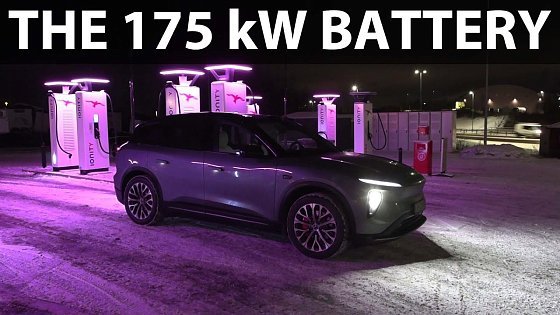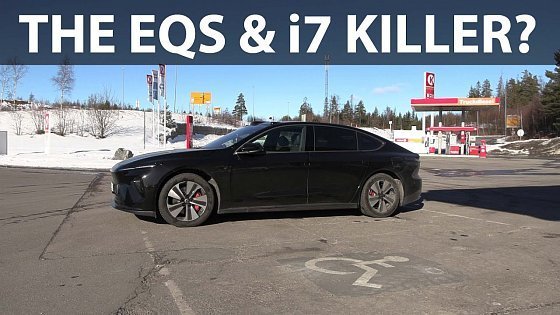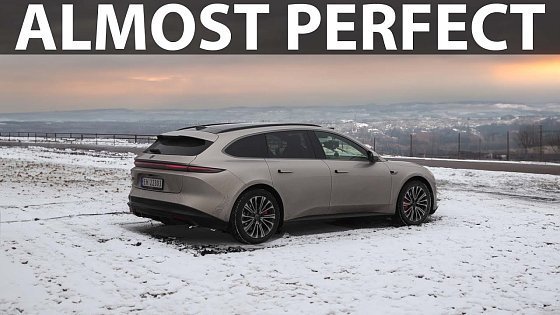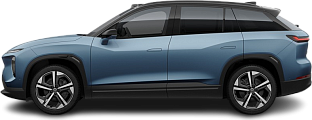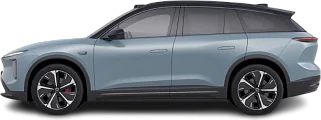Video Summary
Here is the summary of the YouTube video:NIO is a smaller, less profitable company focused on the premium EV market. It’s publicly traded on the New York Stock Exchange.
The company started in 2014 with the goal of environmental sustainability. The company's logo symbolizes that vision of Earth and Sky.
The company launched its first vehicle in 2016, the EP9, an electric performance hypercar. The first six were sold to early investors and ten more to non-investors costing around $3,000,000.
The EP9 is designed by Nio's Formula E racing team; it has four motors, one at each wheel, producing 335 horsepower, using carbon fiber to keep the weight under 4000 lbs. It goes from 0 to 62 in 2.7 seconds, and its top speed is around 195 mph. It is not street legal.
Key technologies include batteries, battery swapping, and AI.
They use a hybrid of battery cells for lower cost and dependability: LFP and nickel and cobalt-rich chemistry for power. The guiding philosophy is “Blue Sky Coming.” In 2020, strategic investors formed Nio China to allow a one-billion-dollar investment into the company. The goal is for mankind to transition away from a carbon economy to a sustainable one.
NIO has NIO Houses, which combine showroom and clubhouses, with over 100 locations.
Tesla and Nio are comparable. Nio started out with the hypercar EP9, as Tesla did with the Roadster.
What Nio does, that Tesla does not, is battery swapping. At a PowerSwap Station, EV's can have low batteries removed and swapped with a new fully charged battery in as little as three minutes, and the company plans to have 1,000 locations by 2023.
Nio's in-car AI is Nomi. Nomi is an Alexa or Google Assistant with a face, allowing the vehicle to respond to your voice commands and make friendly gestures.
To increase sales, the company needs to expand to other markets. Due to rising tensions, the Chinese government was restricting sales to the U.S., but restrictions seem to be easing. It’s now selling in five European countries. Tesla is not able to collect sensor data on Chinese citizens to upload to the cloud. Nio will probably be allowed to do more testing in China and make adjustments in other markets.
According to reports, Nio's F3 plant will make a more affordable EV code-named “Alps,” and F4 will make one code-named “Firefly.” The new E9 is similar to the ET5 Sedan; in other words, just their different takes.
Making EVs profitably is hard, but Nio’s strategy is to start off with premium vehicles, then build lower-cost higher volume models to become profitable. Tesla now has four assembly locations and has been making EVs longer.
Will Nio offer a de-content current Evs to increase sales during a price war? Are the solid state batteries ahead or just hype? Will the sub-brands get to battery swap? Will they assemble in the EU or NA?

